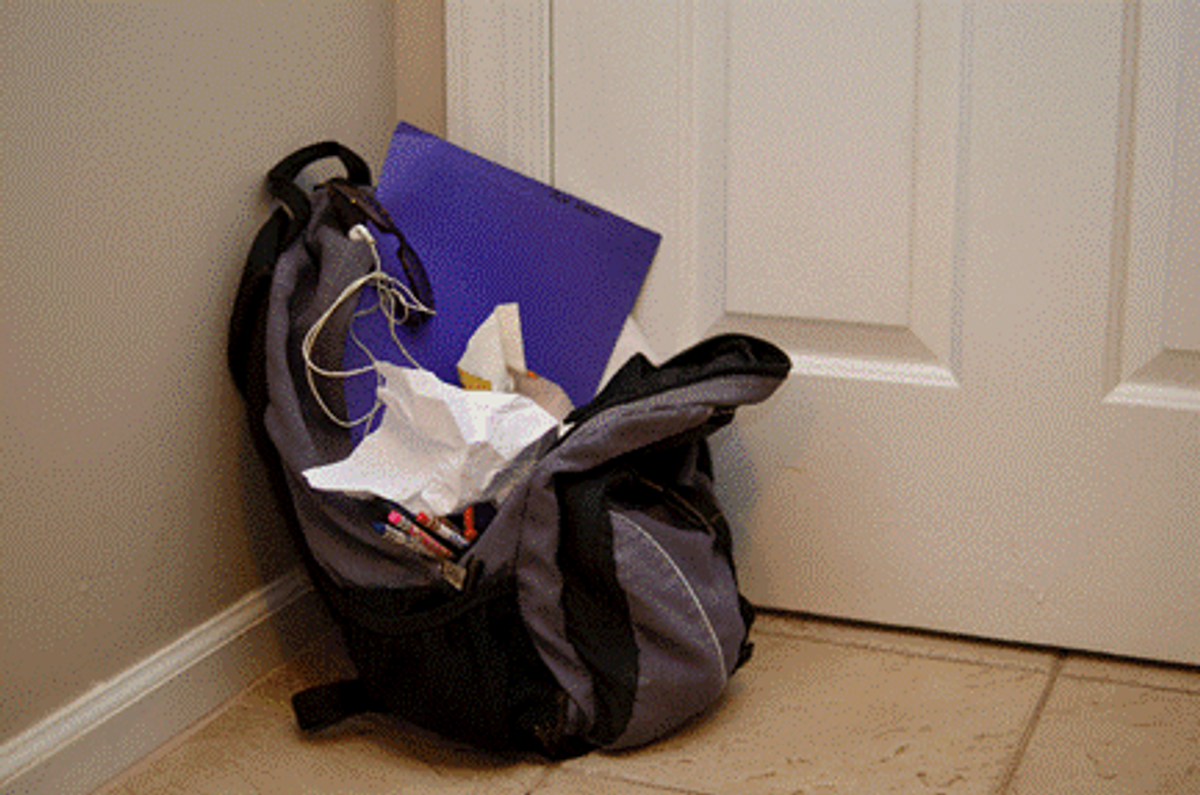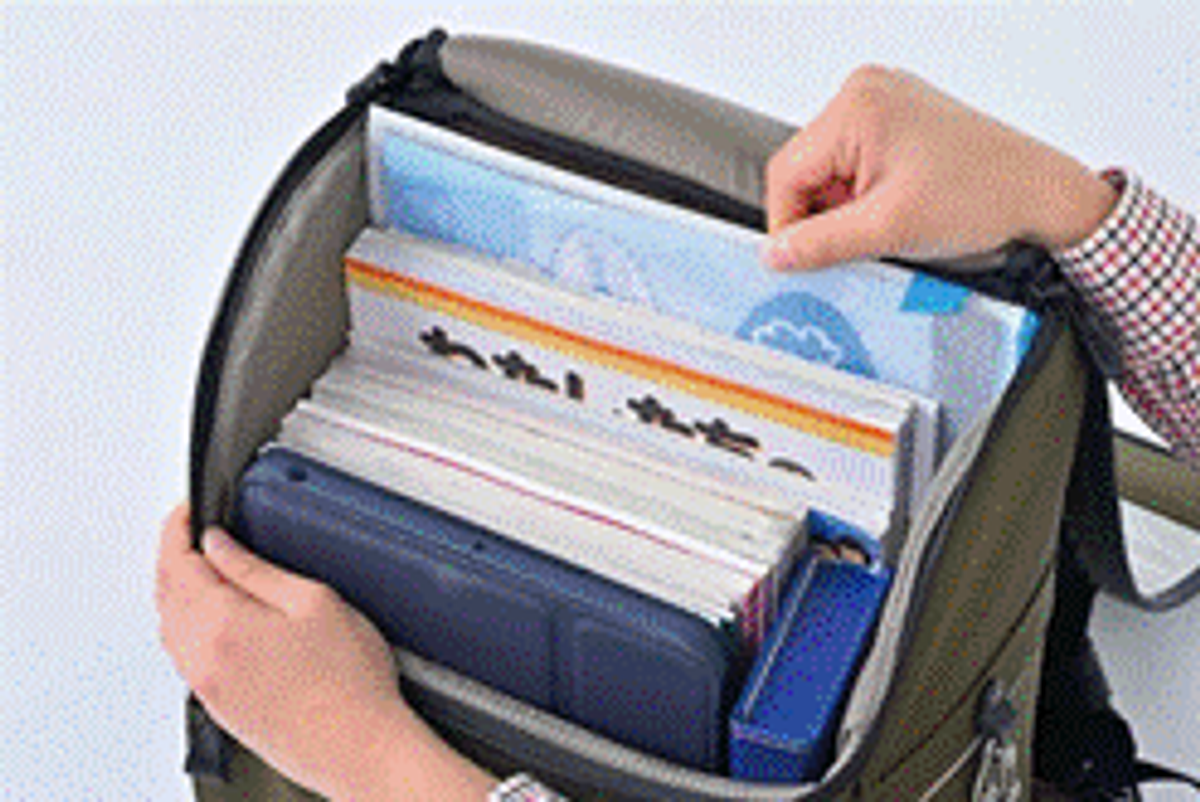Whole School News

We're Listening – 2025 Community Culture Survey Invitation
We warmly invite you to participate in the 2025 Community Culture Parent Survey. Your feedback is invaluable in helping us understand your perspectives and improve the educational experience for all students at Applecross Senior High School.
Please click the link below to access the survey: Community Culture Parent Survey.
The survey offers you the opportunity to share your insights on various aspects of our school environment, teaching practices, and student wellbeing. By sharing your feedback, you contribute to shaping a better future for our students.
We sincerely appreciate your time and effort in completing the survey. Your submission will remain anonymous, and we encourage all parents and carers to complete the survey.
Thank you for your continued support and partnership.
Angie Thomas, Vice Principal
The Importance of Organisational Skills: A Peek Inside Your Child's School Bag.
As we strive to help our students achieve their Personal Best, one crucial aspect of their educational journey is often overlooked: organisational skills. These skills are vital for academic success and play a significant role in preparing students for their future. One effective way to support your child in developing these skills is by regularly checking their school bag.
Why Organisational Skills Matter
Organisational skills are essential for students to manage their time, resources, and responsibilities effectively. They help students become more independent, reduce stress, and enhance their learning ability. A well organised school bag can reflect students' ability to manage their workload and prepare for the challenges ahead.
What to Look For in Your Child's School Bag
When you take a moment to check your child's school bag, consider the following aspects:
- File Organisation: Are the files sorted by subject? An organised file system can help students quickly locate their materials and reduce the time spent searching for important documents.
- Neatness: Is the bag tidy or a jumble of papers and supplies? A neat bag can indicate a student's level of responsibility and attention to detail.
- Ruled and Dated Pages: Are the notes taken in class ruled and dated? This practice not only aids in comprehension but also makes it easier for students to review their work later.
- Interactive Notetaking: Can you see evidence of an interactive note-taking process? Please look for highlights, annotations, and questions written in the margins. This engagement with the material can enhance understanding and retention.
Predicting Future Success
Interestingly, the contents of a student's school bag can provide insights into their future. A well-organised bag often correlates with positive academic outcomes. Students who take the time to maintain their materials will likely develop strong study habits, time management skills, and a sense of accountability—invaluable qualities in higher education and the workforce.
Note: You may be surprised by the number of non-educational items students bring to school. Take the time to consider whether these are distractions.
How You Can Help
- Encourage Regular Checks: Set a daily routine for your child to clean and organise their bag. This practice can instil a sense of responsibility and ownership over their learning materials.
- Model Organisation: Share your organisational strategies with your child. Whether it's using colour-coded folders or digital tools, your example can inspire them to adopt similar methods.
- Discuss the Importance: Talk to your child about how being organised can help them in school and beyond. Help them see the connection between their current habits and their future success.
In conclusion, assisting your child with organisational skills is vital to their educational development. A simple check of their school bag can reveal a great deal about their habits and attitudes towards learning. We can help our students become more confident, resilient, and prepared for the future by fostering these skills.
Thank you for your continued support in nurturing our students' growth and achievement.
Paul Currie, Associate Principal Years 7-9
Learning to Learn
Note-Taking
It sounds easy, but it’s actually quite a complex skill that consists of the five phases below. We explicitly teach the note-taking process because it is so essential to learning. In previous Parent Updates, I have provided a brief summary of Phases One, Two and Three. Today, we are focusing on Phase Four.
Phase 4: Summarise & Reflect
This phase provides another opportunity for students to review their notes. In the summary, students capture the most important ideas in order to answer the lesson’s Essential Question. Students are also encouraged to add a few sentences to explain how the notes might contribute to their academic and personal success, such as how they might be used in an upcoming task or how they have enhanced prior knowledge or deepened understanding. This type of reflection makes learning more meaningful and memorable.
Sue Kovacevic, Teaching & Learning




